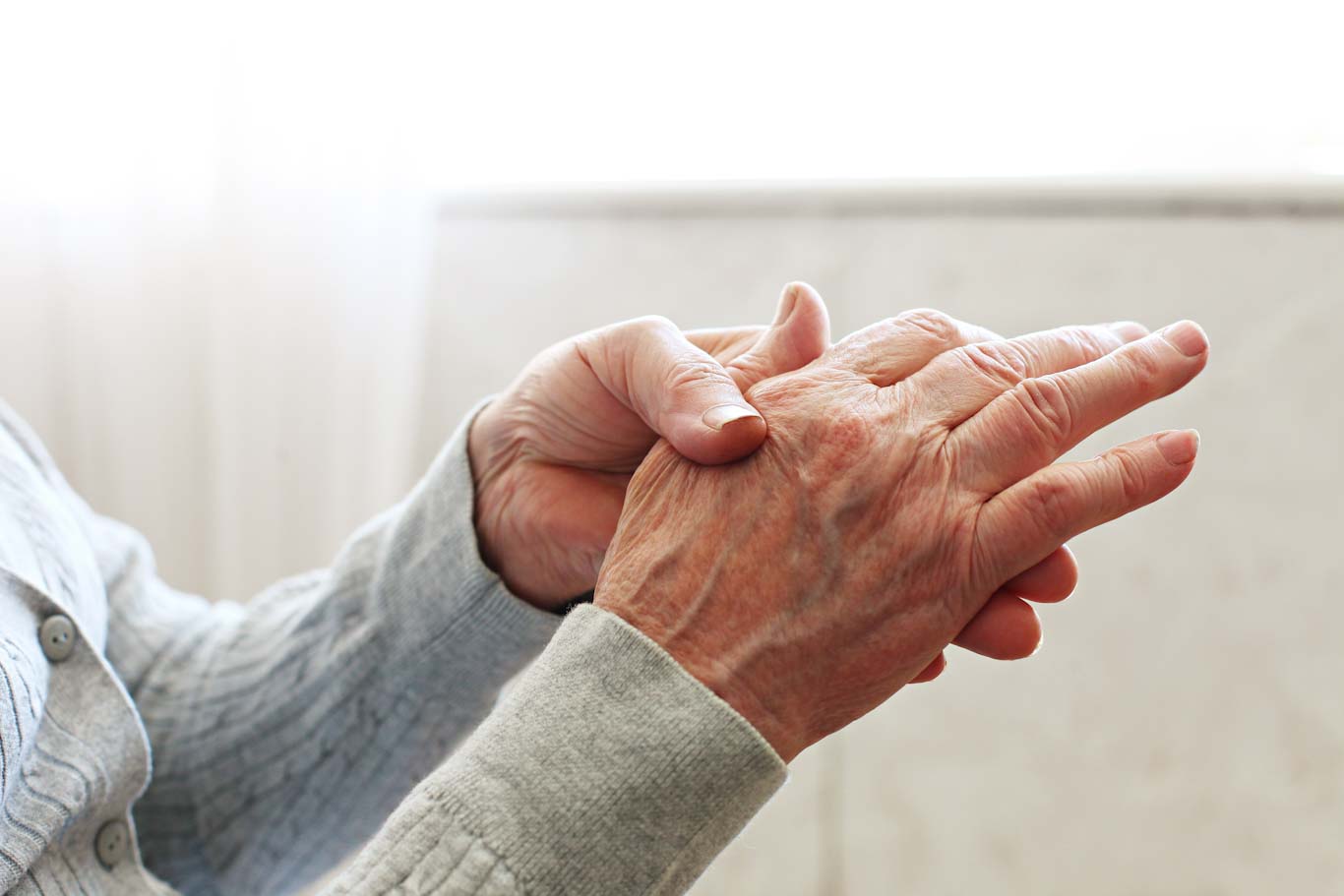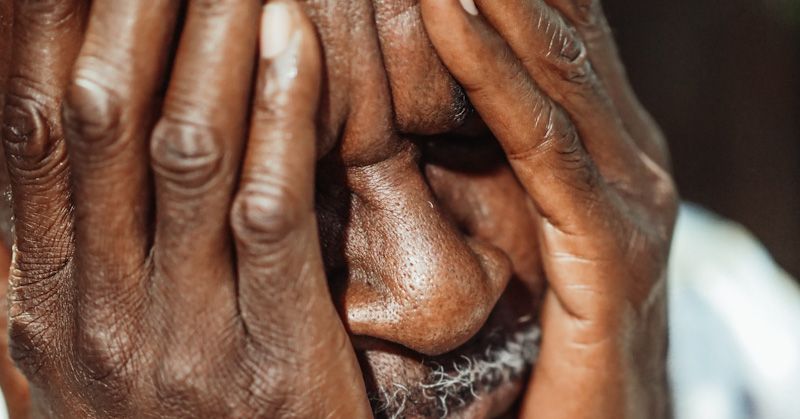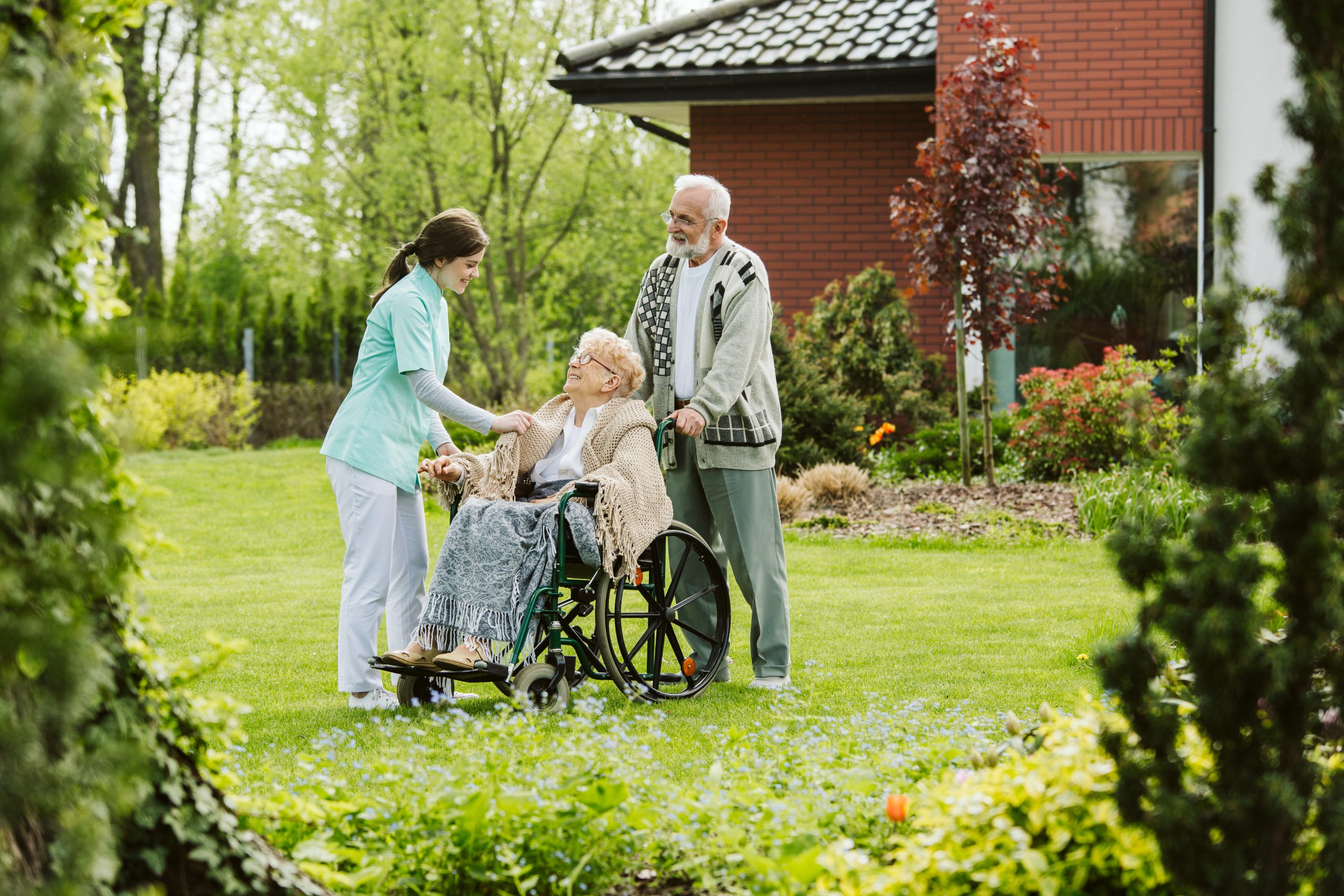What is Rheumatoid Arthritis and What is the Treatment?


What is rheumatoid arthritis?
Rheumatoid arthritis (RA) is a long-term, life-limiting condition that causes pain, swelling, and stiffness in the joints. The condition primarily affects the joints of the individual’s hands, feet, and wrists. As with many conditions, RA is not a stable condition and there are periods when it becomes more or less serious. Those periods where symptoms are at their worst are known as flare-ups or flares.
There is no cure for RA, and often the most common treatment strategy is to try and reduce the number and severity of flare-ups and increase the time between them. The other key treatment priority is to try and ensure there is no long-term damage to the individual’s joints.
Rheumatoid arthritis is a painful inflammatory condition that mainly affects a person’s bones and joints. It is a chronic condition, which means that it takes its time to develop and manifest in the patient. Rheumatoid arthritis is the most common type of autoimmune arthritis which, in the long term, causes swelling of the lining of the joints which may ultimately lead to bone erosion.
Rheumatoid arthritis is a disease that belongs to a category of autoimmune diseases. Autoimmune diseases are unique in the sense that they occur without any known or probable cause. Unlike other diseases that have one or more symptoms, or features that lead to their occurrence, these unique sets of diseases have no pointers that signal their onset. Due to their unknown origin, they have no particular treatment. Symptoms are treated by the doctor, whereas the disease itself is ever-present, with occasional or regular flare-ups.
It is believed that about 1%-2% of the UK population are suffering with the effects of RA.
Causes and Features of Rheumatoid Arthritis
As with other autoimmune diseases, there is no known cause of RA. However, the likelihood of a person developing the condition is increased by factors such as age, genetics and environment.
Experiences of RA can be vastly different from person to person, but there are some common signs and symptoms associated with the condition, such as:
- The affected joints are warm and tender to touch and may be accompanied by significant swelling.
- General weakness of the joints.
- Stiffness of the joints, especially in the morning.
Treating rheumatoid arthritis
Unfortunately, there is no known cure for RA. However, if it is diagnosed early there are several treatments that may enable sufferers to go long periods without flare-ups. This can help them to lead more comfortable and fulfilling lives.
The main treatment options include:
- Medicines that will slow the progress of the condition and ease the symptoms
- Physiotherapy to improve range of movement of the joints
- Occupational therapy to help the individual with daily activities
- Surgeries such as hip or knee replacements
Find out more about treating rheumatoid arthritis.
Depending on how much pain, stiffness or joint damage you have, daily tasks may become difficult or take you longer to do. You may have to adapt the way you do everyday tasks.
Find out more about living with rheumatoid arthritis



